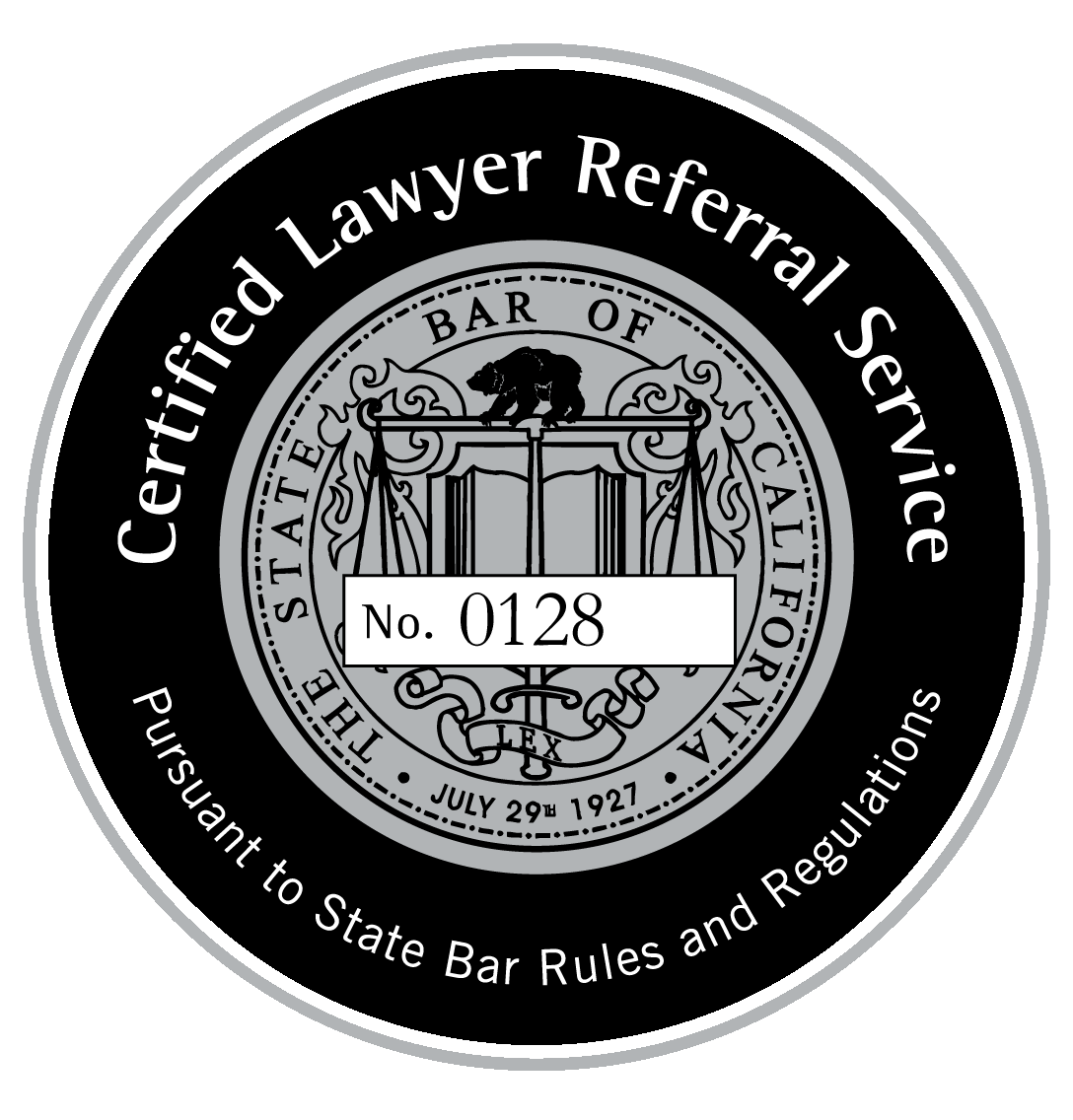What You Need To Know About California Employment Law This 2023?
You must keep up with new laws to protect yourself from abuse, discrimination, and unfair treatment. Knowing your employment rights helps you recognize the signs of unfair, illegal treatment.
One of the best ways to do so is to know new laws and changes made to old ones. So here's what you need to know from our prescreened California labor lawyers this 2023:

Is California's Minimum Wage Going Up In 2023?
The minimum wage in California will increase to $15.50 on January 1, 2023, an increase of $1.50 from the $14.00 minimum pay in 2022. Do note that this is for the state of California, but some cities and counties might have higher minimum wages.
If your employer doesn't comply with the new minimum wage laws, contact a California labor lawyer ASAP. Failure to comply with California wage and hour laws will result in penalties and damages.
What Is The Minimum Wage In Los Angeles in 2023?
As mentioned, minimum wages vary depending on which part of California you are in. In Los Angeles, the minimum wage is $16.04 per hour.
Again, it is illegal for an employer to pay you less than the minimum wage under California salary laws. Contact a California labor lawyer to protect your employment rights if it happens.
What Will The Federal Minimum Wage Be In 2023?
The federal minimum wage stays at $7.25 per hour.
However, do note that while there is a federal minimum wage, employers must adhere to the policies in their respective states. This means California salary laws apply, so workers will still get a minimum wage of $15.50 on January 1, 2023, despite the federal one not increasing.
What Are The New Laws In California For 2023?
Every California labor lawyer wants you to be aware of your employment rights. So, what are some of the most relevant California employment laws that you should know? Here's a list that you should be paying attention to:
1. Policies for Compulsory Bereavement Leave
AB 1949, which takes effect on January 1, 2023, mandates that companies give eligible employees time off of work following the passing of a qualifying family member, including the following:
Spouse or domestic partner
Child
Parent
Sibling
Grandparent
Grandchild
Parent-in-law
When an employee has worked for at least 30 days before the start of the absence, they are eligible for bereavement leave.
The five days of bereavement leave can be taken in any order and are not required to be taken consecutively. However, the employee must finish the bereavement leave within three months of the loss of a family member.
An employer may request that an employee present proof of the passing of a family member, such as a death certificate, an obituary that has been published, or written confirmation of the death, burial, or memorial ceremonies.
All businesses must offer their staff members five days of unpaid bereavement leave. Additionally, any paid vacation, personal leave, cumulative sick time, and compensatory time off that are ordinarily available to the employee must be permitted to be used to be reimbursed during this leave.
If you were denied leave despite being otherwise eligible, consult with a California labor lawyer ASAP.
2. Pay Transparency Legislation
New wage data disclosure requirements are placed on California employers by AB 1162. Significant planning will be necessary for compliance. A company with 15 or more employees must disclose the pay scale for a position, whether internal or external, in any job posting.
Such an employer shall disclose the pay scale to the third party it hires to announce, post, or publish a job posting. Section 432.3 of the California Labor Code traditionally defined "pay scale" as a range of salaries or hourly wages that excludes bonuses, equity, and other forms of remuneration.
Do note that even applicants can sue employers, even if they haven't started working for them. So contact a California labor lawyer immediately if you were discriminated against in any way during the hiring process.
3. There Is No Discrimination Based On Decisions About Reproductive Health
The Fair Employment and Housing Act (FEHA) now prohibits employers from treating employees or job seekers differently based on protected characteristics, such as race, age, sex, or physical condition.
The Contraceptive Equity Act of 2022, commonly known as SB 523, has made "reproductive health decision-making" a protected category under the FEHA.
California's discrimination laws are one of the most comprehensive among the other states. If you've been fired, discriminated against, demoted, or harassed at work because of your reproductive choices, you and your California labor lawyer can file claims against your employer.
4. Taking Care Of A "Designated Person" During Sick Leave
Eligible employees are permitted to take time off from work to care for the following:
A child
Spouse
Domestic partner
Parent, including a parent-in-law
Grandparent
Grandchild
Sibling
This is effective under the California Family Rights Act (CFRA) and the Healthy Workplaces, Healthy Families Act of 2014. In addition, this list is expanded by AB 1041 to include time off for employees to take care of a "designated person."
Consult A Prescreened California Labor Lawyer Near Me
1000Attorneys.com provides trusted Lawyer Referral Services certified by the California State Bar Association. You will be matched up in minutes with a prescreened California Labor Law Attorney! We only refer clients to trusted, experienced, and discipline-free attorneys in California. Click here for a FREE CASE REVIEW.









